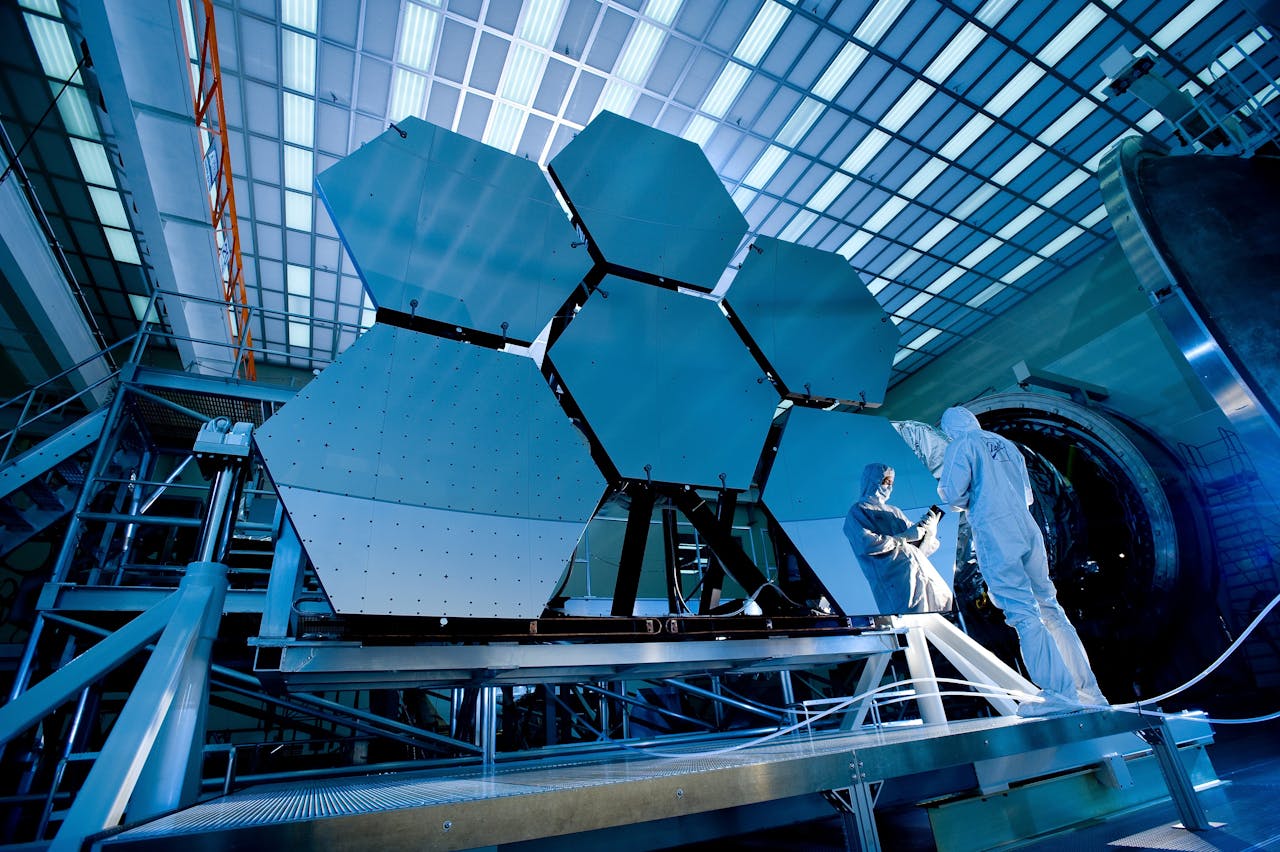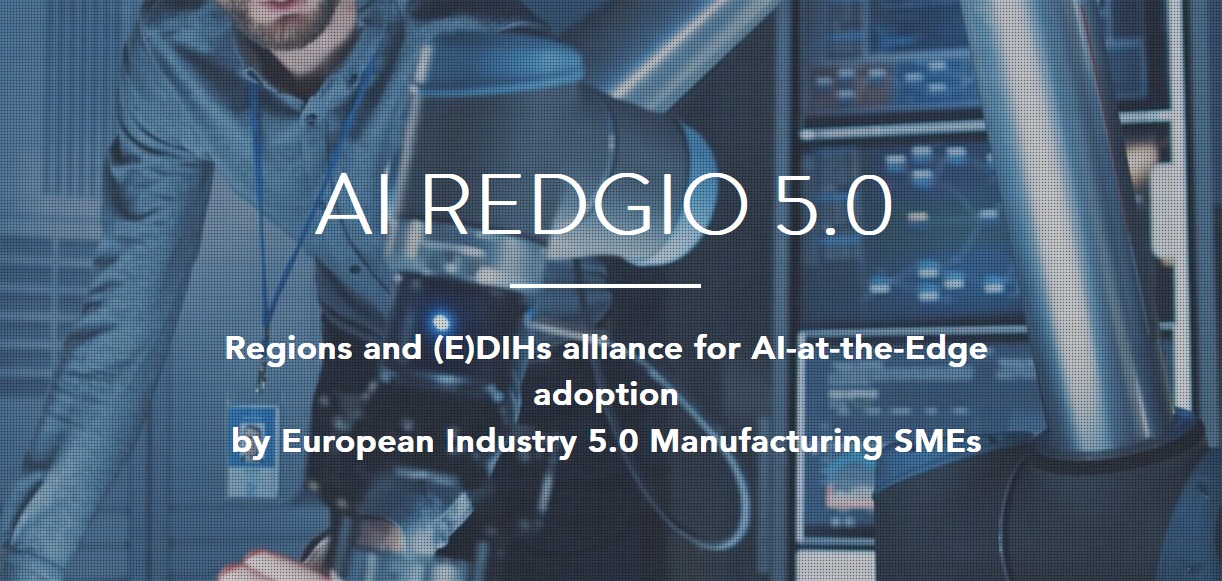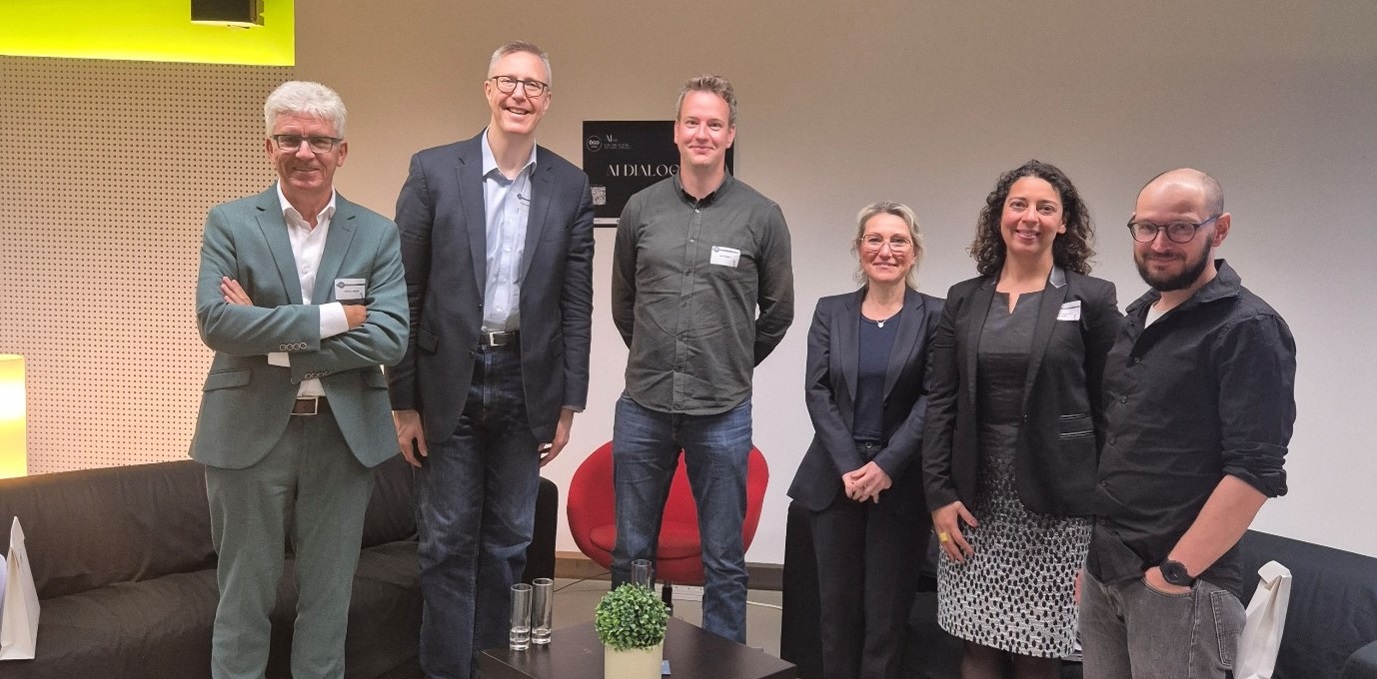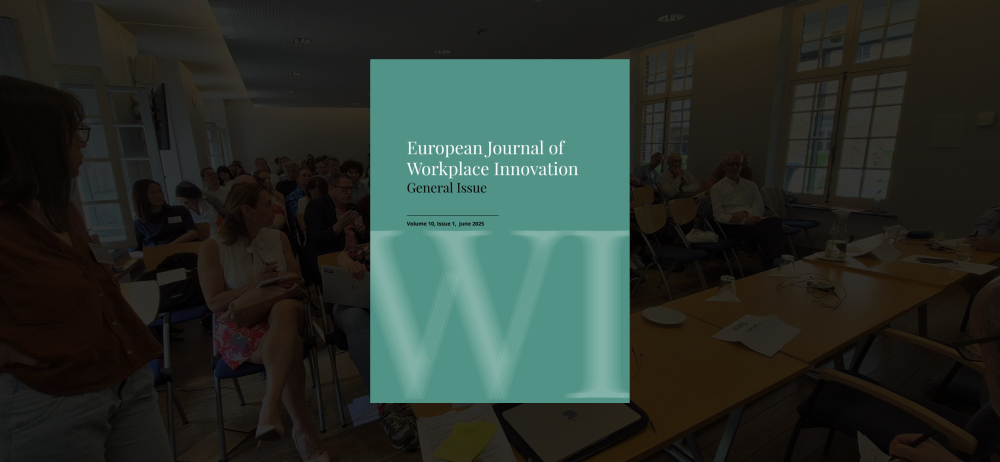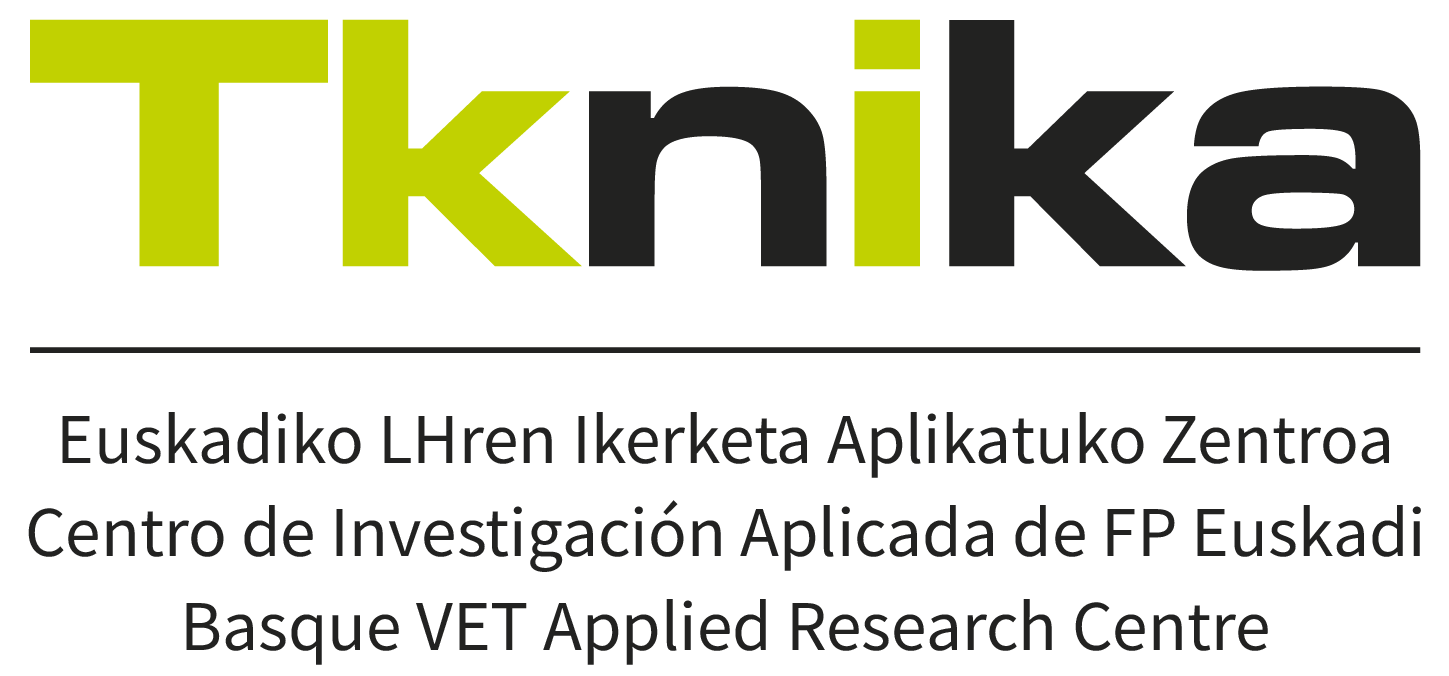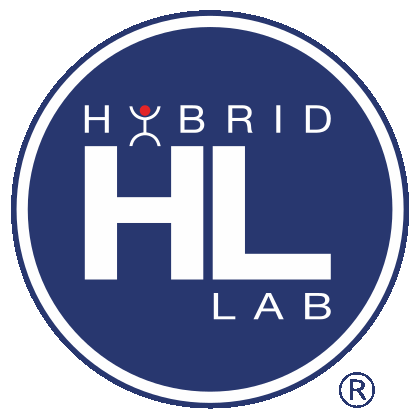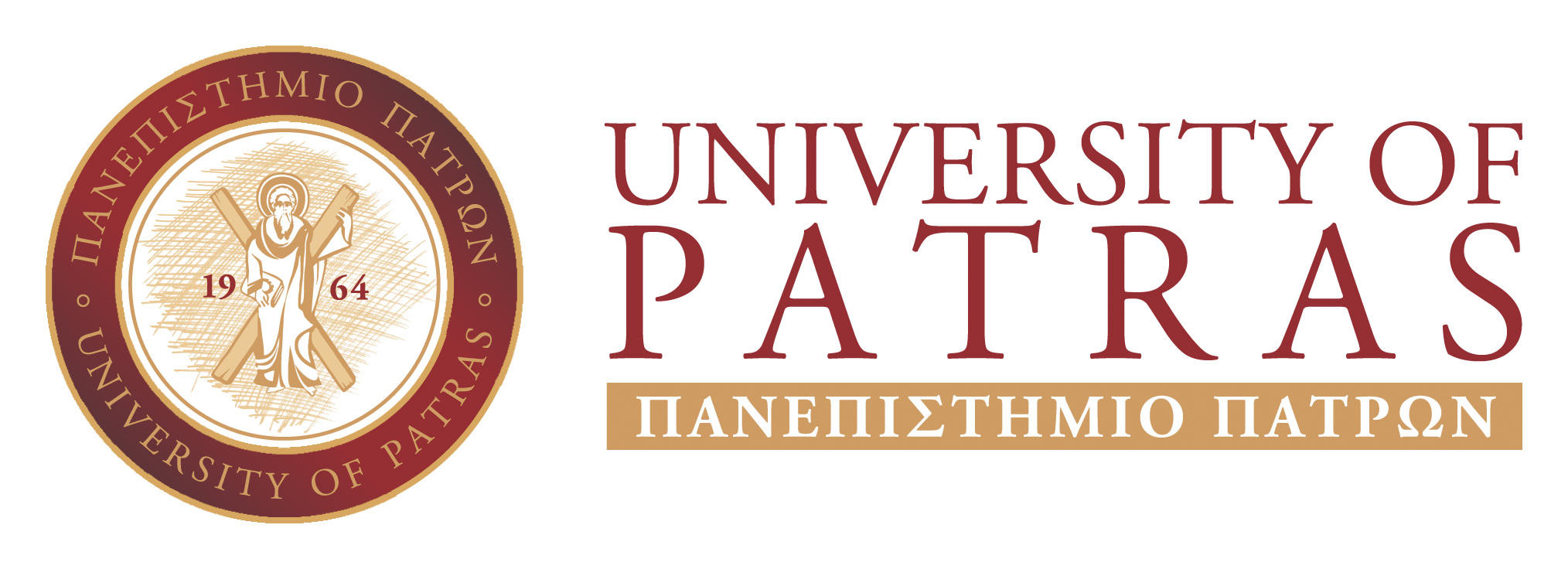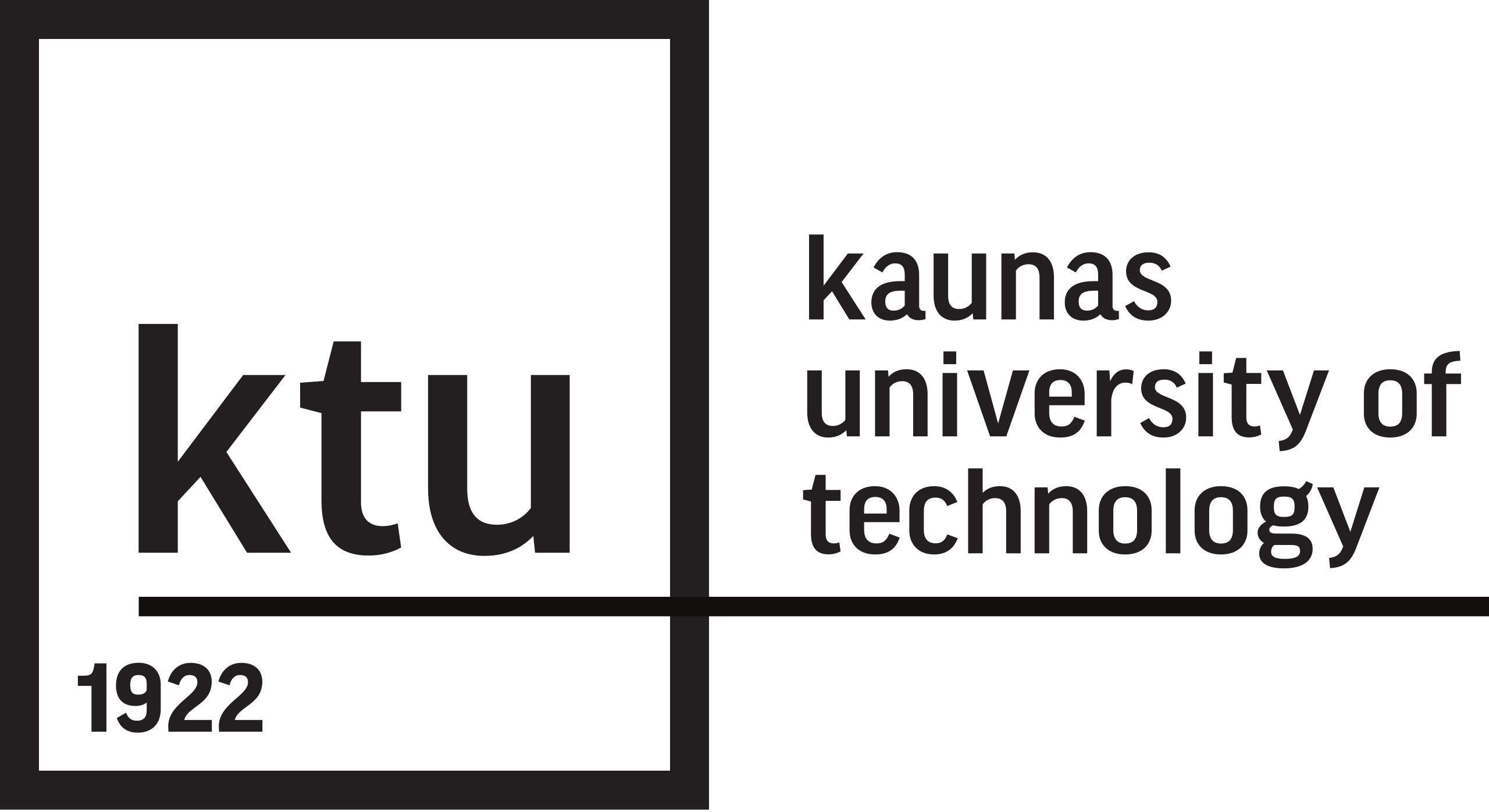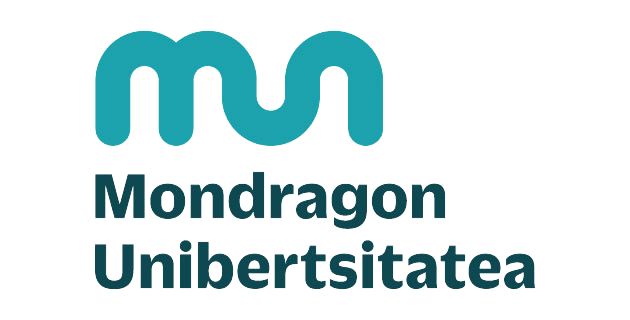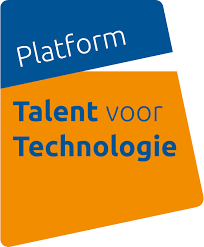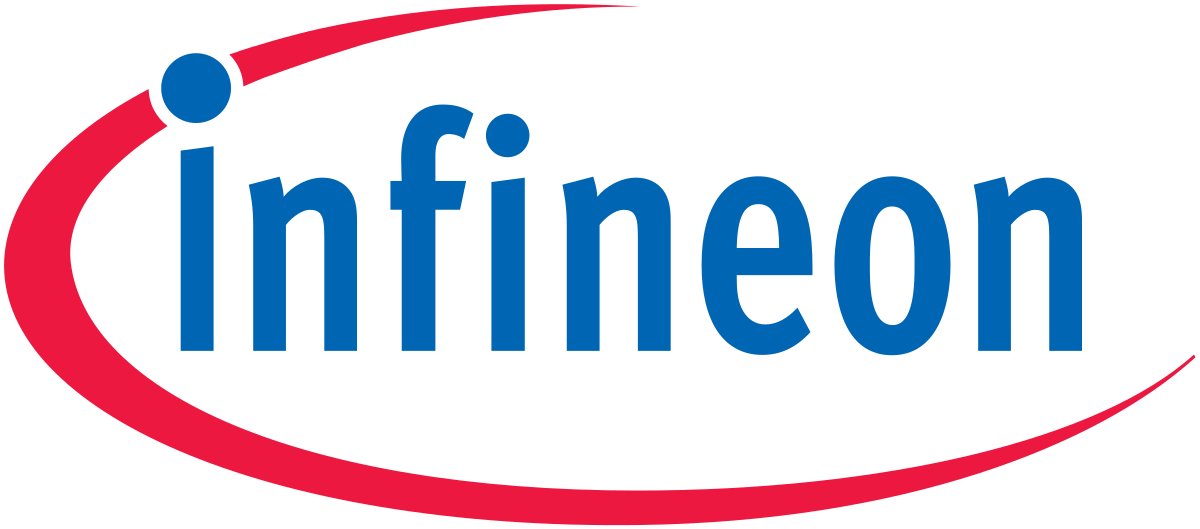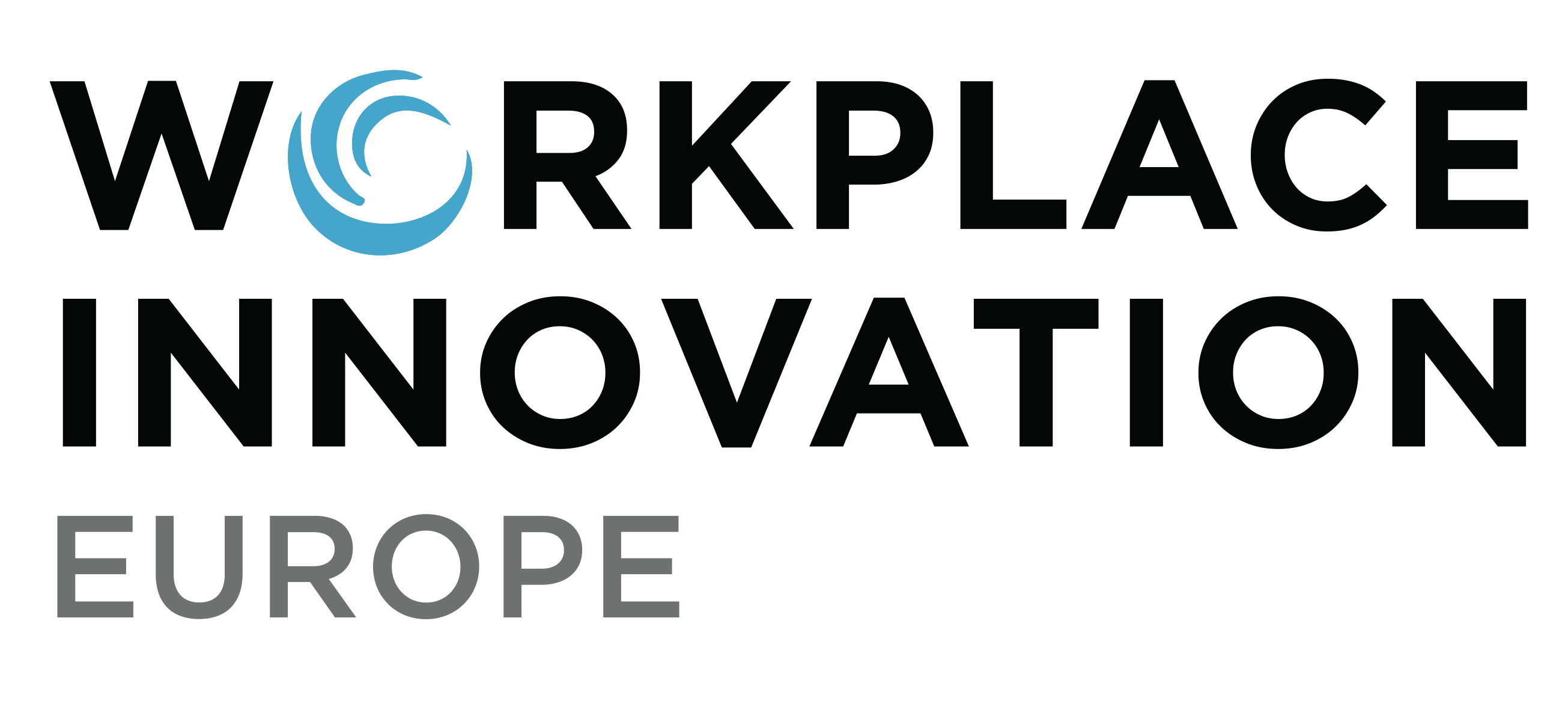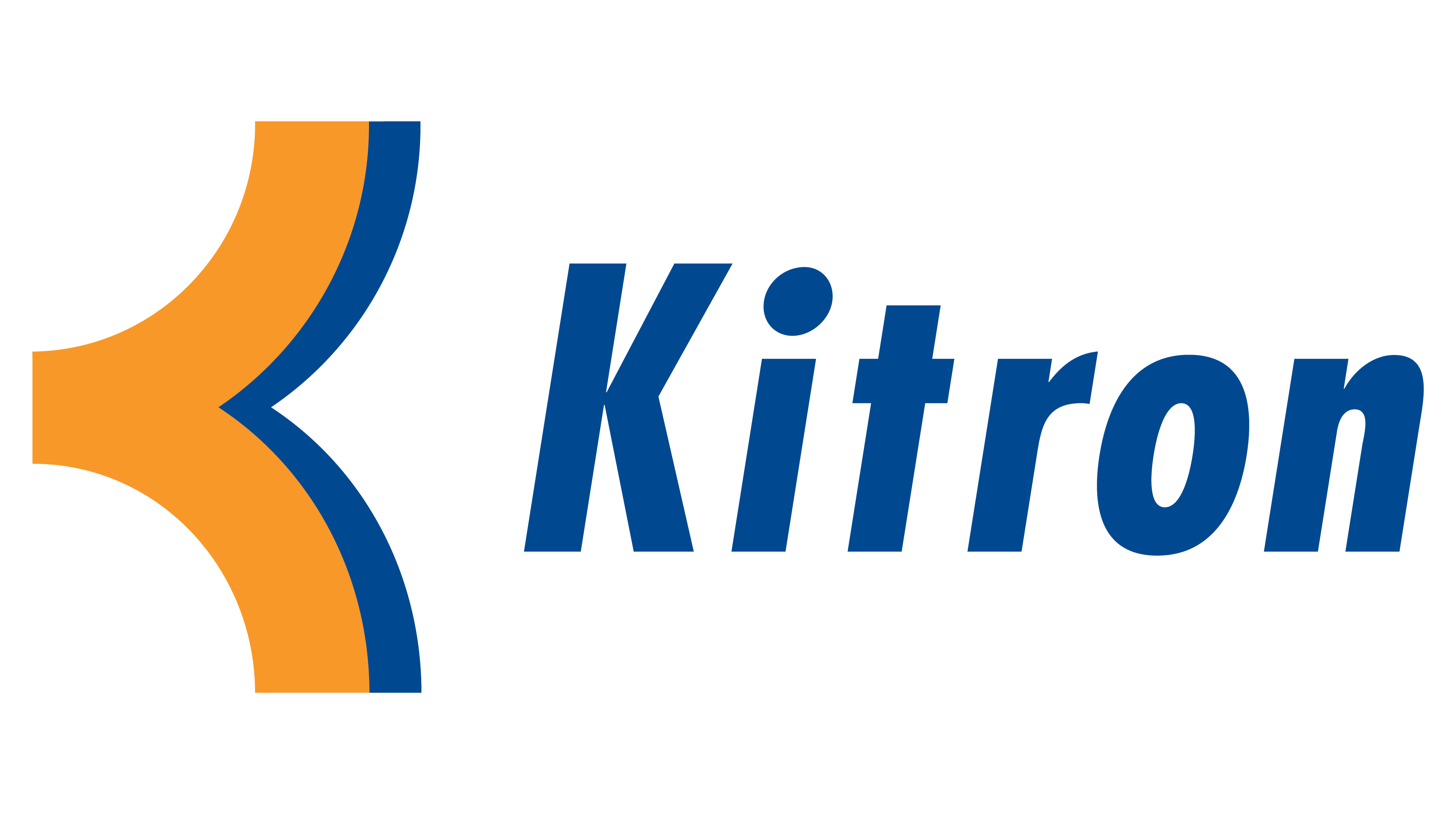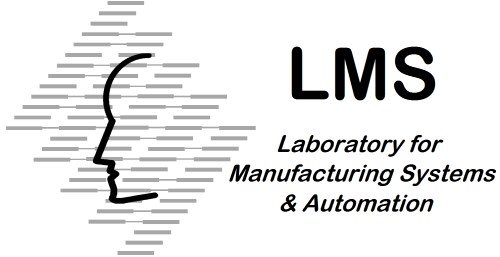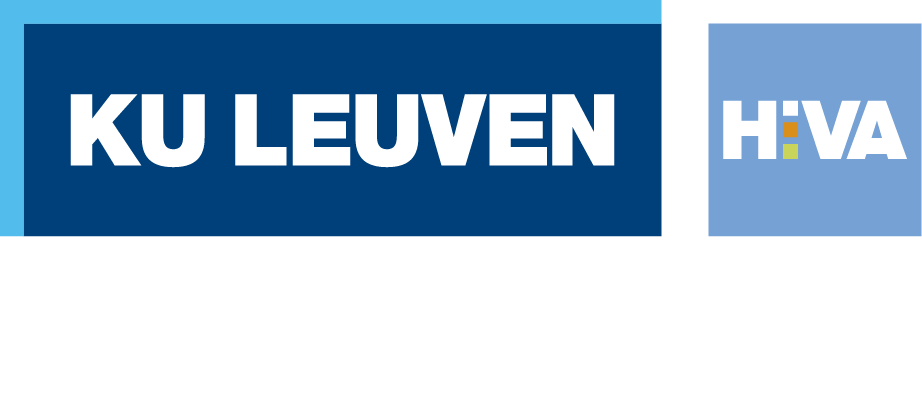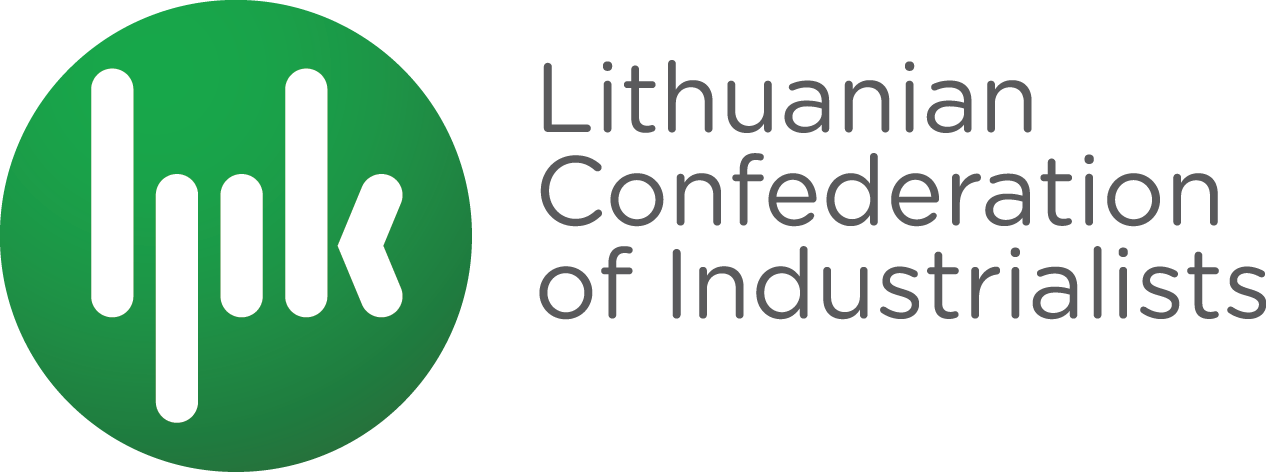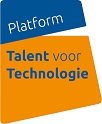Bridges 5.0
Towards a Human-Centred,
Sustainable and Resilient Economy.
Workforce Skills for Industry 5.0.
European industry has embarked on a path of digital transformation.
Whilst the concept of Industry 4.0 has been driven primarily by productivity and technological considerations, the last ten years have clearly demonstrated the need for wider perspectives to make digital transformation work.
Industry 5.0 adds employees, the environment and resilience to the equation, an alternative future in which businesses recognise their role in building a prosperous and sustainable society based on new modes of production.
We need to build human-centred workplaces, where technologies support better jobs and enable people to learn and develop continuously.
We need a greener and more circular economy, making better use of natural resources.
We need to invest in the development of new skills, helping industry and its employees to become more resilient in an increasingly fast-changing and volatile world.
By addressing these challenges, Bridges is building an accelerated pathway to Industry 5.0.
Bridging human &
digital potential.
Bridges 5.0 creates a unique consortium based on active collaboration between researchers, 8 EU industrial companies, 9 Industry 4.0 ecosystems, and the main EU social partners.
Who benefits?
Target groups: enabling managers, job seekers, students and employees to absorb new technological knowledge faster and more effectively.
At the company level: showing how to adapt business strategies to the new demands of the market, especially greening and sustainability, and to build the skills needed to make it happen.
On the labour market: assimilating new ways of learning and training, building on the new networks that support this learning.
Latest News.
This report levers innovative AI methodologies and non-traditional data sources to bridge the gap between the theoretical concept of Industry 5.0 and its practical application at company level.
The EU Horizon project AI REDGIO 5.0 aims to accelerate the digital transformation of manufacturing SMEs by helping them integrating AI-at-the-Edge and Industry 5.0 systems.
Steven Dhondt was asked to moderate a discussion between a highly distinguished panel of participants as part of KU Leuven’s 600th Anniversary celebrations.
The issue opens with a conceptual contribution from Peter Oeij, Steven Dhondt and Fiejte Vaas, who explore the compatibility between Modern Sociotechnics and the SMART Work Design model.

